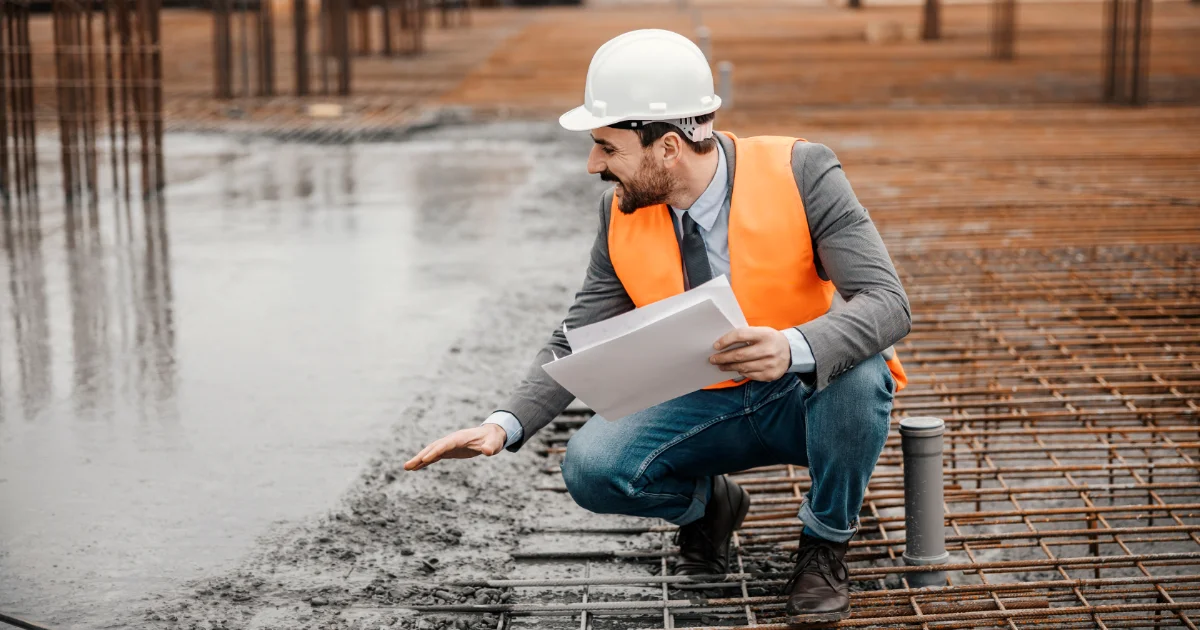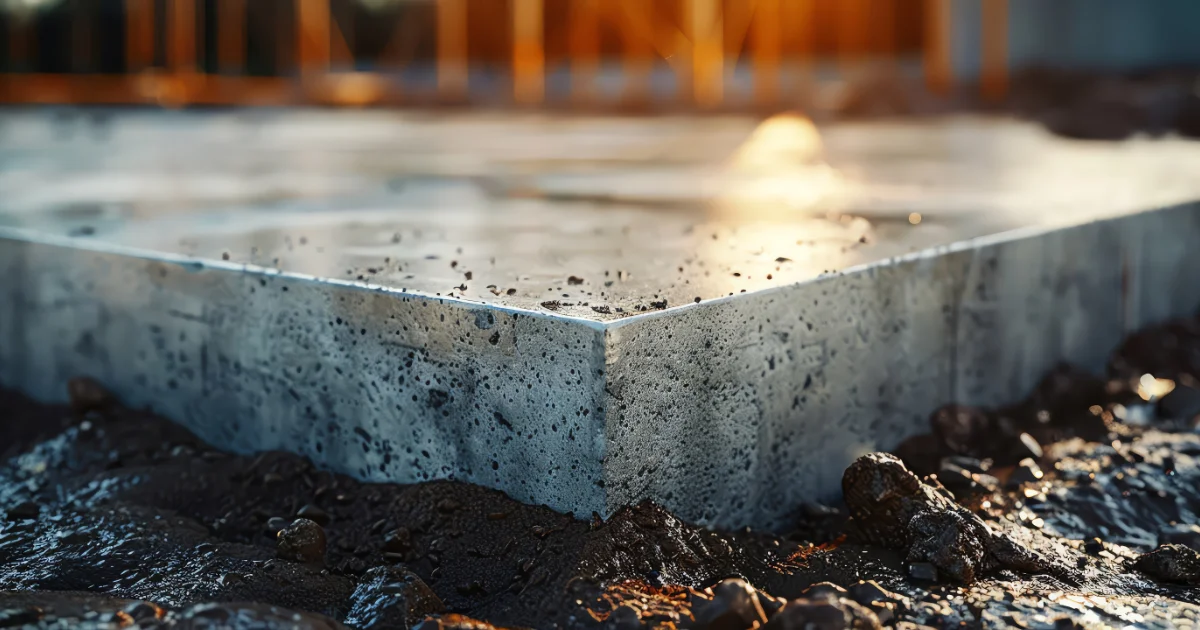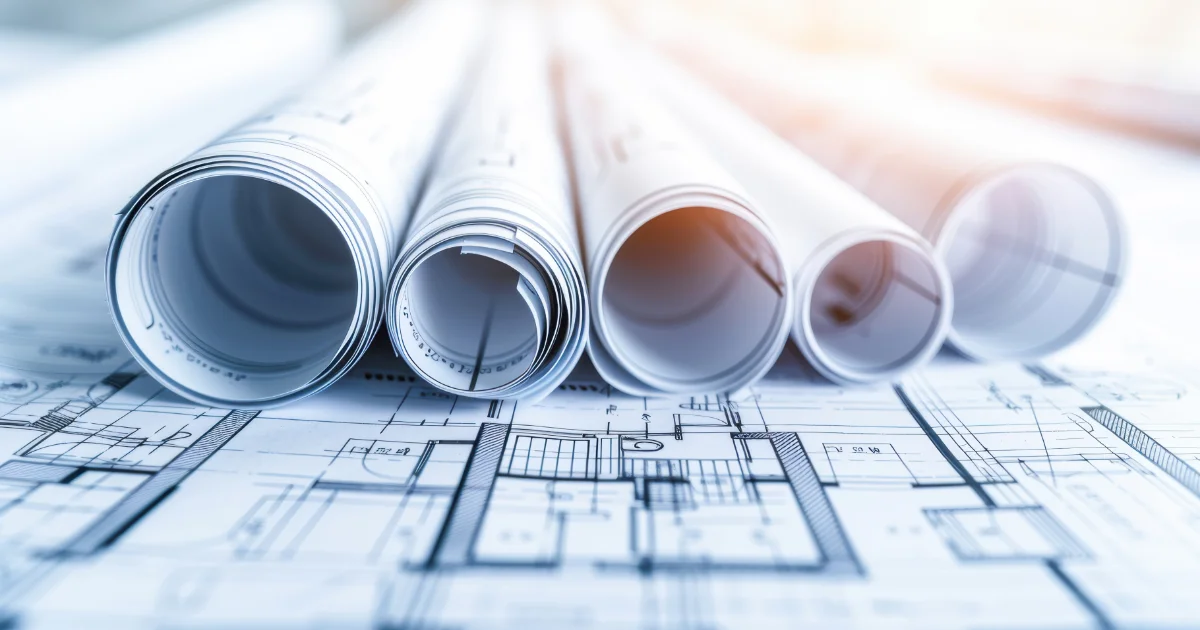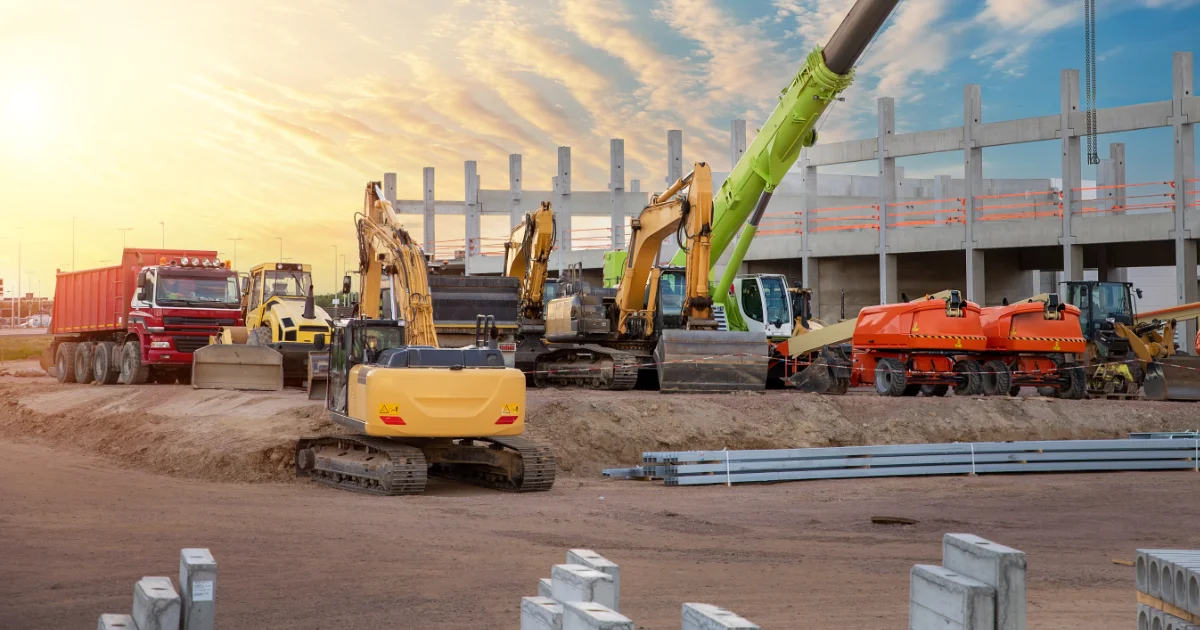
Key Considerations
Choosing the Right Foundation for Your Texas Build
When it comes to building in Texas, the foundation is where it all begins. With the state’s diverse soil types and climate challenges, choosing the right foundation can make the difference between a sturdy, long-lasting structure and one plagued by costly issues. Below, we delve into the main foundation types, how Texas conditions impact them, and key factors to consider for your build.
Types of Foundations
Slab-on-Grade
- Overview: A solid concrete slab poured directly onto the ground.
- Best For: Level lots and areas with stable soil.
- Pros: Cost-effective, quick to construct, and resistant to pests.
- Cons: Susceptible to shifting on expansive clay soils without proper preparation.
Pier-and-Beam
- Overview: Elevates the structure above ground on piers, leaving a crawl space.
- Best For: Areas with poor drainage or expansive soils.
- Pros: Easier access to plumbing and utilities, better water resistance.
- Cons: Higher cost and potential for pest intrusion in the crawl space.
Crawl Space Foundations
- Overview: A hybrid approach combining aspects of pier-and-beam and slab foundations.
- Best For: Sloped lots or regions with fluctuating moisture levels.
- Pros: Provides ventilation and access to utilities.
- Cons: Requires regular maintenance to avoid moisture issues.
Post-Tension Slab Foundations
- Overview: A concrete slab reinforced with tensioned steel cables to minimize cracking and soil movement.
- Best For: Areas with expansive clay soils, which are common in Texas.
- Pros: Strong, durable, and resistant to soil-related damage when paired with drilled piers.
- Cons: While often cost-effective, it requires specialized expertise for proper installation. If adequate preparation isn’t taken, such as incorporating piers or beams into undisturbed soil, it may not perform as well as other options, like a standard slab-on-grade foundation.
Drilled Pier Foundations
- Overview: Deep concrete piers drilled into stable soil layers to support the structure.
- Best For: Heavy buildings or areas with unstable surface soils or if minimal foundation movement is desired.
- Pros: Excellent stability and load-bearing capacity.
- Cons: Higher installation costs and longer construction times.
Basement Foundations
- Overview: A fully excavated space beneath the structure, providing additional living or storage areas.
- Best For: Areas with suitable soil conditions and low water tables.
- Pros: Extra space and insulation benefits.
- Cons: Uncommon in Texas due to limited awareness about basements and higher construction costs.
Raised Slab Foundations
- Overview: A slab foundation elevated slightly above ground level for added protection.
- Best For: Areas prone to minor flooding or drainage concerns.
- Pros: Combines slab cost-effectiveness with improved water resistance.
- Cons: Slightly higher cost compared to traditional slabs.
Hybrid Pier-and-Slab Foundations
- Overview: Combines piers for stability with a concrete slab for a solid, level base.
- Best For: Regions with expansive soils requiring extra structural support.
- Pros: Enhanced stability and crack resistance.
- Cons: Complex and more expensive than standard slab-on-grade foundations.
Grade Beam Foundations
- Overview: Reinforced concrete beams resting on piers or drilled shafts to form a sturdy base.
- Best For: Heavy structures or areas with significant soil movement.
- Pros: High load-bearing capacity and durability.
- Cons: Increased construction time and costs.

Texas Soil Challenges
Texas is known for its expansive clay soil, which swells when wet and shrinks when dry. This movement can cause foundations to crack or shift if not properly addressed. Additionally, regions of Texas experience extreme temperature swings, adding stress to foundational materials.
Key Considerations for Your Texas Foundation
- Soil Testing: Conduct a soil analysis to determine the type and behavior of the ground on your property. This insight informs the best foundation type and any necessary soil preparation.
- Drainage: Poor drainage exacerbates soil expansion and contraction. Incorporate proper grading and drainage solutions to protect the foundation.
- Moisture Management: Use moisture barriers and ensure consistent watering of the soil around your foundation to minimize dramatic moisture fluctuations.
- Expert Guidance: Partner with us at Texas Builder Pros. We understand the unique challenges of Texas construction, from local soil conditions to the importance of proper installation techniques, ensuring your foundation is built to withstand the test of time.
Why Texas Builder Pros?
At Texas Builder Pros, we specialize in selecting and installing foundations tailored to Texas’s unique conditions. With our expertise and focus on quality, we ensure your project begins on solid ground.
Ready to build with a contractor you can trust?
Contact us today for a consultation and experience the difference that quality craftsmanship and transparent communication can make. Don't risk your investment – let us build your vision with confidence and expertise.

